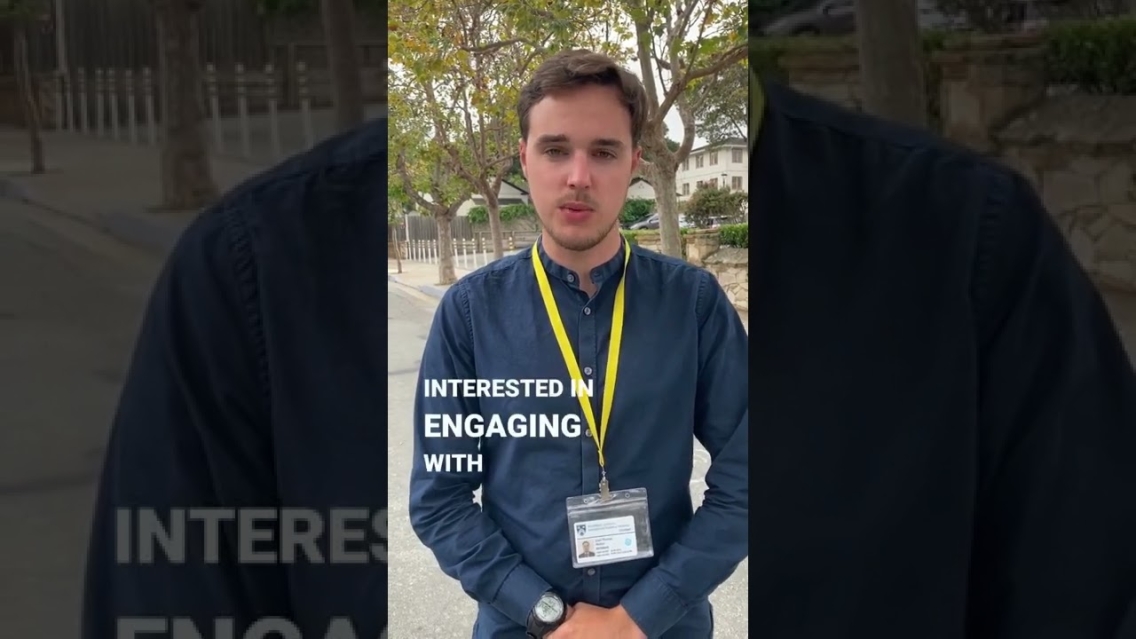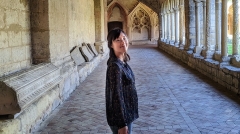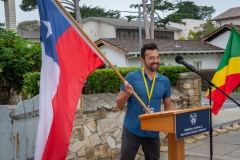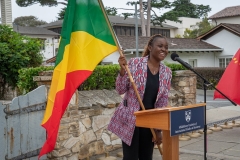The French Connection
| by Clara Clymer
Middlebury Institute alumna Carol Lin shares how her practicum at Sciences Po Bordeaux turned into a full-time job; Sciences Po Bordeaux students take advantage of Middlebury Institute offerings during their exchange semester.





